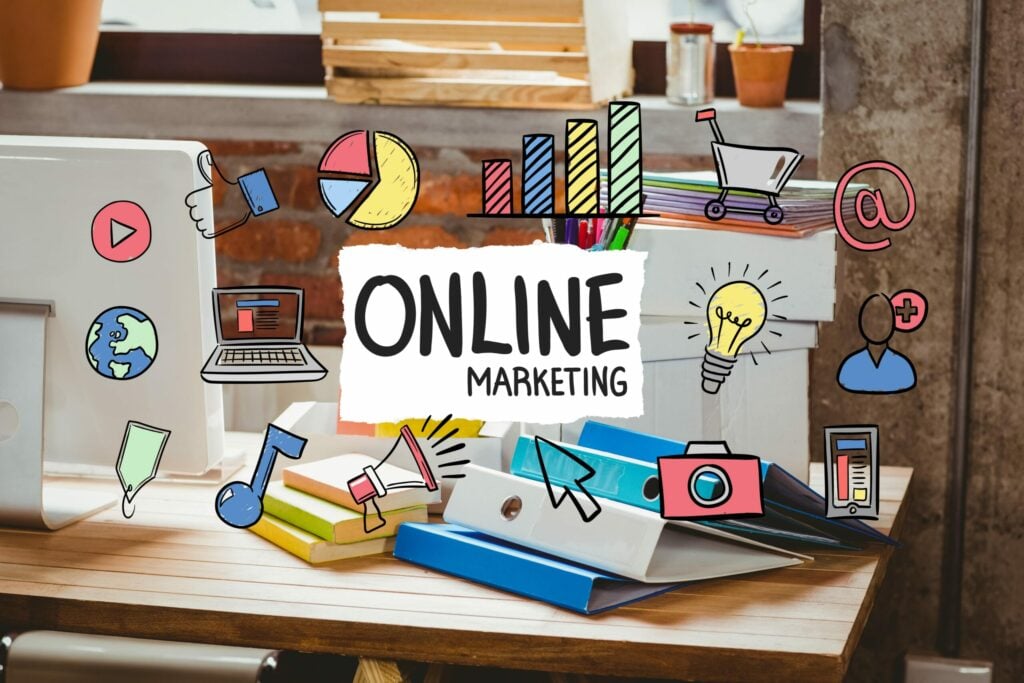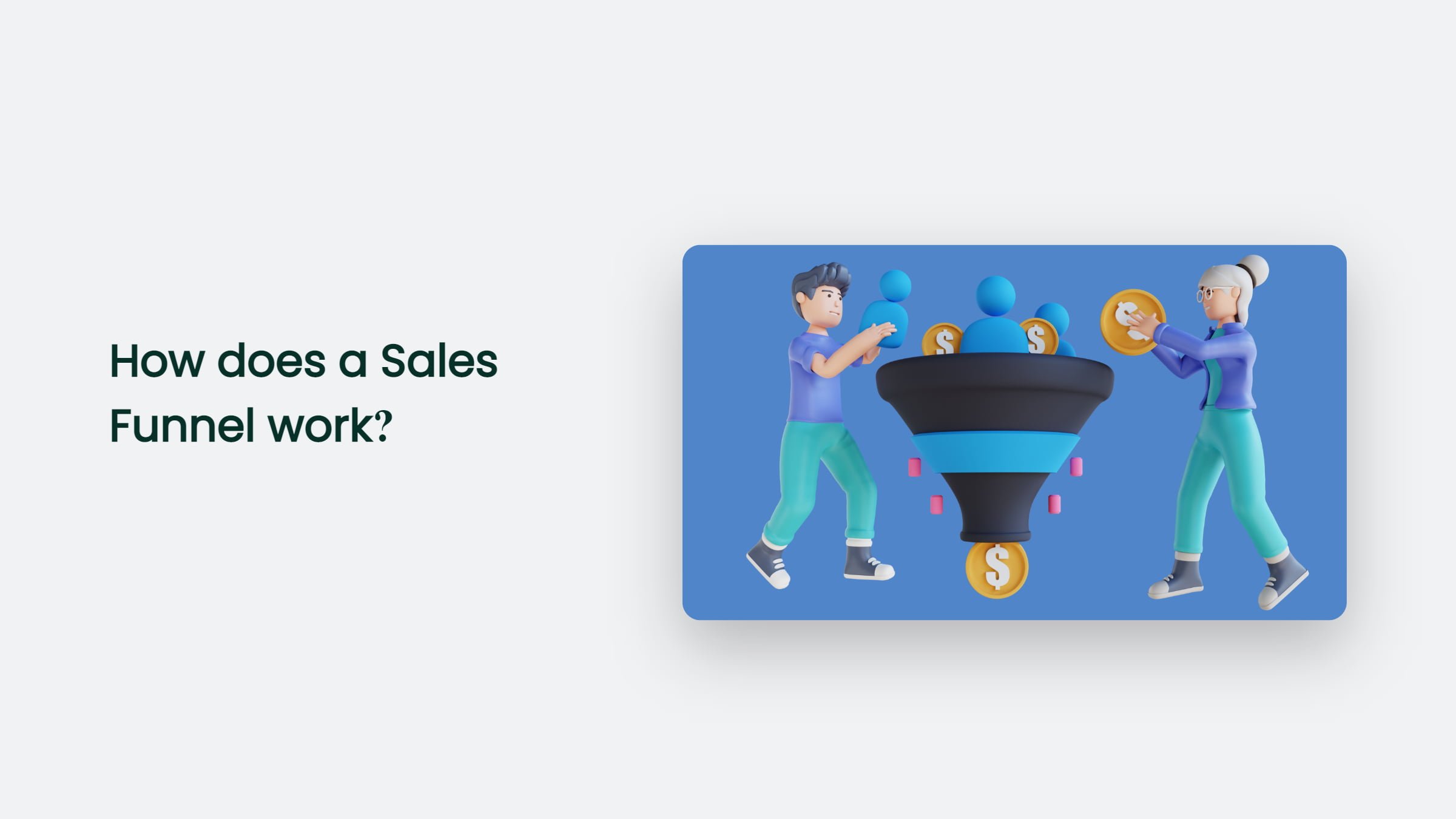

How does a Sales Funnel Work?

As Seen On
A sales funnel a visual representation of the customer journey from the moment they become aware of your product or service to the point of purchase. It’s a crucial element of any business’s marketing and sales strategy and can help you understand and optimize the customer journey to increase conversions and, ultimately, grow your business.

The sales funnel divided into four main stages: awareness, consideration, decision, and action.
Let’s take a closer look at each stage:
Awareness:
This is the first stage of the sales funnel, and it’s all about getting your product or service in front of potential customers. It can be done through various marketing tactics such as social media ads, email marketing, content marketing, and search engine optimization (SEO). The goal at this stage is to attract people to your website or online store and make them aware of your brand.
Consideration:
Once a potential customer is aware of your product or service, they enter the consideration stage of the funnel. At this stage, they evaluate your product or service and consider whether it’s the right fit.
It is where you want to provide as much information as possible about your product or service, including features, benefits, and pricing. You can use case studies, product demos, and customer reviews to help potential customers understand the value of your offering.
Decision:
After considering your product or service, potential customers will enter the decision stage of the funnel. It is where they decide whether or not to make a purchase.
At this stage, it’s important to remove any barriers to purchase and make it as easy as possible for potential customers to decide. It can include offering a money-back guarantee, multiple payment options, or a limited-time discount.
Action:
If a potential customer has decided to make a purchase, they enter the action stage of the funnel. It is where they complete the purchase and become a paying customer.
It’s important to note that not all potential customers will make it through every stage of the sales funnel. Some may drop out at the awareness stage, while others may cause it to the action stage but ultimately decide not to make a purchase.
That’s why it’s important to continuously optimize and analyze your sales funnel to identify areas for improvement and increase conversions.
The Bottom Line:
In conclusion, a sales funnel a powerful tool that helps businesses understand and optimize the customer journey from awareness to purchase. By focusing on each stage of the funnel, businesses can increase conversions and grow their business.
Konger
Up until working with Casey, we had only had poor to mediocre experiences outsourcing work to agencies. Casey & the team at CJ&CO are the exception to the rule.
Communication was beyond great, his understanding of our vision was phenomenal, and instead of needing babysitting like the other agencies we worked with, he was not only completely dependable but also gave us sound suggestions on how to get better results, at the risk of us not needing him for the initial job we requested (absolute gem).
This has truly been the first time we worked with someone outside of our business that quickly grasped our vision, and that I could completely forget about and would still deliver above expectations.
I honestly can't wait to work in many more projects together!
Disclaimer
*The information this blog provides is for general informational purposes only and is not intended as financial or professional advice. The information may not reflect current developments and may be changed or updated without notice. Any opinions expressed on this blog are the author’s own and do not necessarily reflect the views of the author’s employer or any other organization. You should not act or rely on any information contained in this blog without first seeking the advice of a professional. No representation or warranty, express or implied, is made as to the accuracy or completeness of the information contained in this blog. The author and affiliated parties assume no liability for any errors or omissions.

